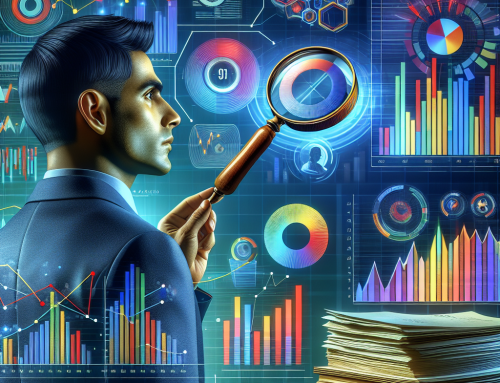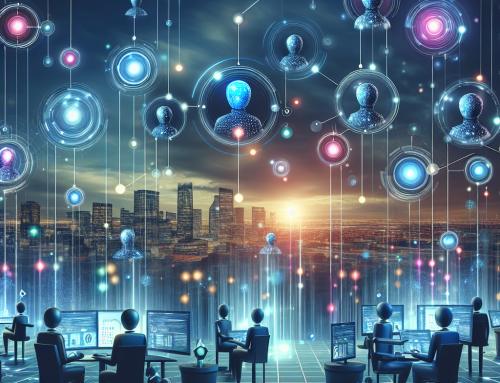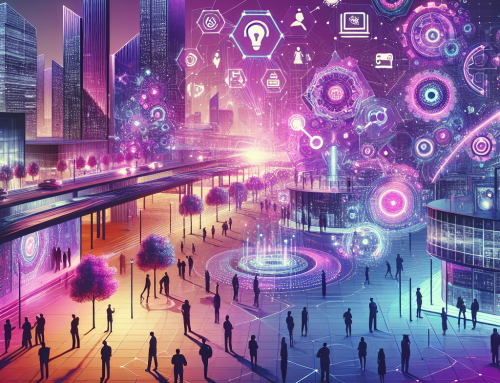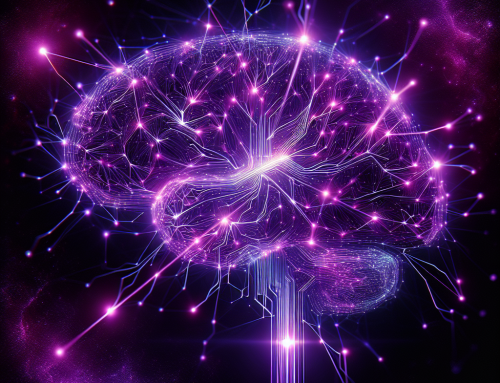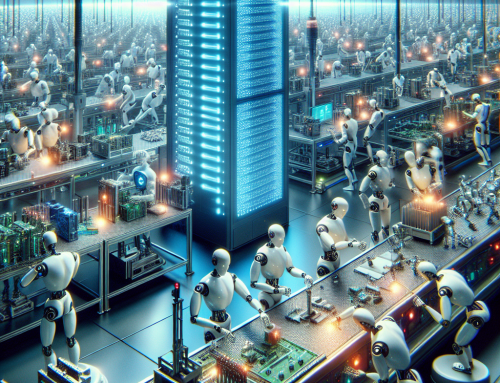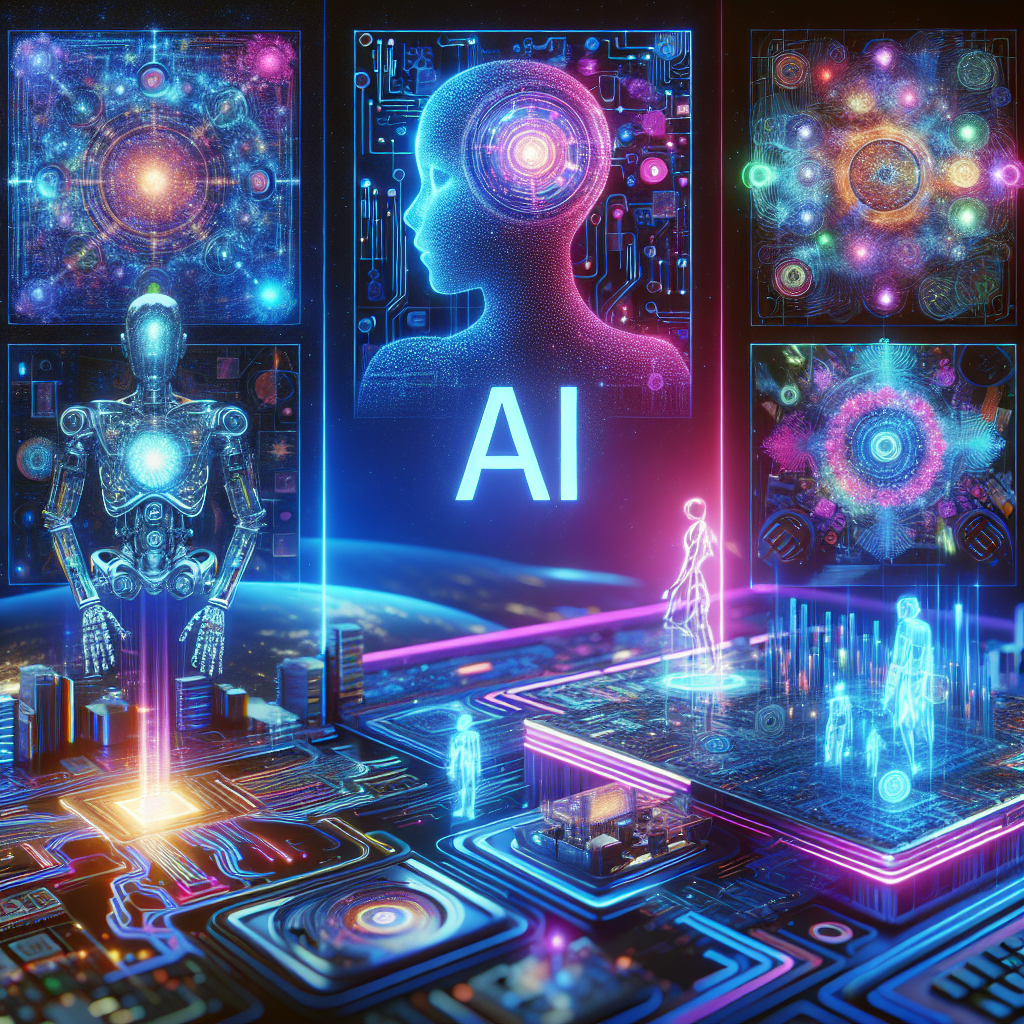
As artificial intelligence (AI) continues to evolve, there’s a notable shift in how we perceive its role in society. Initially, AI was viewed primarily as a tool for automating tasks, often with the assumption that it would replace human workers. However, today’s AI technologies are increasingly designed to work in collaboration with humans, enhancing creativity and boosting productivity. This shift towards human-centric AI focuses on creating intelligent systems that augment human abilities rather than replace them.
What is Human-Centric AI?
Human-centric AI refers to artificial intelligence systems designed to collaborate with humans, complementing their skills and enhancing their abilities. Unlike traditional automation, which focuses on task replacement, human-centric AI prioritizes human involvement, working alongside individuals to tackle complex challenges, improve decision-making, and unlock new levels of creativity. The core idea is to use AI to empower human workers, not to replace them.
Key Features of Human-Centric AI Technologies
- Collaboration Over Replacement
Historically, many AI applications were aimed at automating repetitive tasks to reduce human intervention. However, human-centric AI emphasizes collaboration rather than replacement. Instead of automating everything, these systems are designed to augment human capabilities, allowing workers to focus on tasks that require problem-solving, emotional intelligence, and creativity. For instance, AI tools in industries like customer service or healthcare assist professionals by handling routine tasks, providing insights, and offering data-driven recommendations. - Enhancing Creativity and Innovation
One of the most exciting aspects of human-centric AI is its ability to fuel creativity. Rather than constraining creative processes, AI can help individuals and teams explore new possibilities, generate fresh ideas, and develop innovative solutions. In industries like marketing, design, and entertainment, AI algorithms assist in brainstorming sessions, content generation, and design processes, giving creative professionals more time to experiment and innovate. - Personalized Experiences
Another hallmark of human-centric AI is its ability to deliver highly personalized experiences. AI technologies can analyze user preferences, behaviors, and data to tailor experiences in real-time. In sectors such as healthcare, education, and e-commerce, human-centric AI systems can provide personalized recommendations, adaptive learning paths, and healthcare solutions based on individual needs, ultimately improving the overall user experience. - AI-Driven Empowerment
At its core, human-centric AI is about empowerment. Rather than diminishing human roles, AI tools aim to enhance individuals’ productivity and effectiveness. By automating tedious tasks and offering instant access to information, AI frees up valuable time and mental energy for people to focus on higher-order thinking, strategic decision-making, and problem-solving. Empowering employees with AI means that they can make smarter decisions, faster.
Real-World Applications of Human-Centric AI
Human-centric AI is already making significant strides across various industries. Here are a few examples of its real-world applications:
- Healthcare: In medicine, AI is transforming diagnostics and patient care. AI-powered tools help doctors analyze medical data, identify patterns, and recommend treatments, enhancing medical decision-making. These systems work in partnership with healthcare professionals, not in isolation, ensuring a human touch remains central to patient care.
- Education: AI is revolutionizing the education sector by offering personalized learning experiences. Adaptive learning platforms powered by AI analyze student progress, tailor lesson plans, and provide real-time feedback. This enables educators to focus more on student engagement while AI ensures each learner receives the right support.
- Marketing and Customer Service: AI-driven chatbots and virtual assistants are enhancing customer service by providing personalized support around the clock. These tools can answer queries, recommend products, and resolve issues, all while ensuring that the customer experience remains human-centered. Marketing teams also leverage AI to create targeted campaigns, segment audiences, and analyze consumer behavior, leading to more impactful and effective marketing strategies.
Why Human-Centric AI is the Future
The shift towards human-centric AI is not just a trend, it’s a sign of the future of technology. As we move further into the digital age, the importance of creating AI systems that work alongside people, rather than replacing them, becomes increasingly clear. Here’s why human-centric AI matters:
- Empowering People: At its heart, human-centric AI is designed to empower people. By automating mundane tasks and providing real-time data, AI allows individuals to focus on creative, strategic, and high-impact work. This empowerment fosters innovation and job satisfaction, helping people unlock their full potential.
- Boosting Productivity: AI tools that prioritize human collaboration lead to higher productivity across industries. By reducing administrative burdens and providing instant insights, human-centric AI enables employees to work smarter, not harder. This boosts overall efficiency and enhances workplace outcomes.
- Fostering Innovation: With AI handling repetitive and time-consuming tasks, human workers can dedicate more time to innovative thinking and problem-solving. This collaboration between human creativity and AI processing power is driving breakthroughs in fields ranging from tech to healthcare and beyond.
- Ethical and Responsible Development: Human-centric AI ensures that technology is developed with a focus on ethical considerations and human well-being. By designing AI systems that prioritize human values, developers can create technologies that contribute positively to society, ensuring that the benefits of AI are equitably distributed.
Human-centric AI is not just about technology; it’s about people. By focusing on collaboration, creativity, and empowerment, human-centric AI is reshaping how we work and live. As we continue to develop and refine these technologies, it’s clear that AI has the potential to augment human abilities, foster innovation, and create more personalized, efficient experiences across industries.
Whether in healthcare, education, marketing, or beyond, human-centric AI is opening new doors for innovation and progress. As these technologies evolve, they’ll continue to empower individuals and teams, helping them unlock their full potential and create a brighter future for all. Contact us today to explore how human-centric AI can empower your business and drive innovation!


